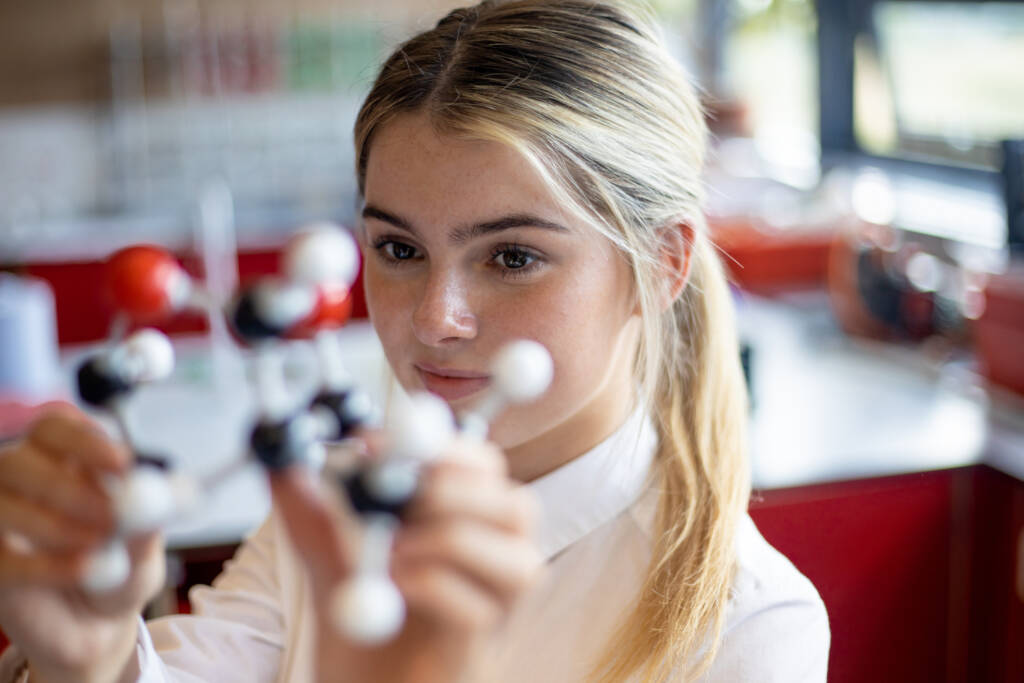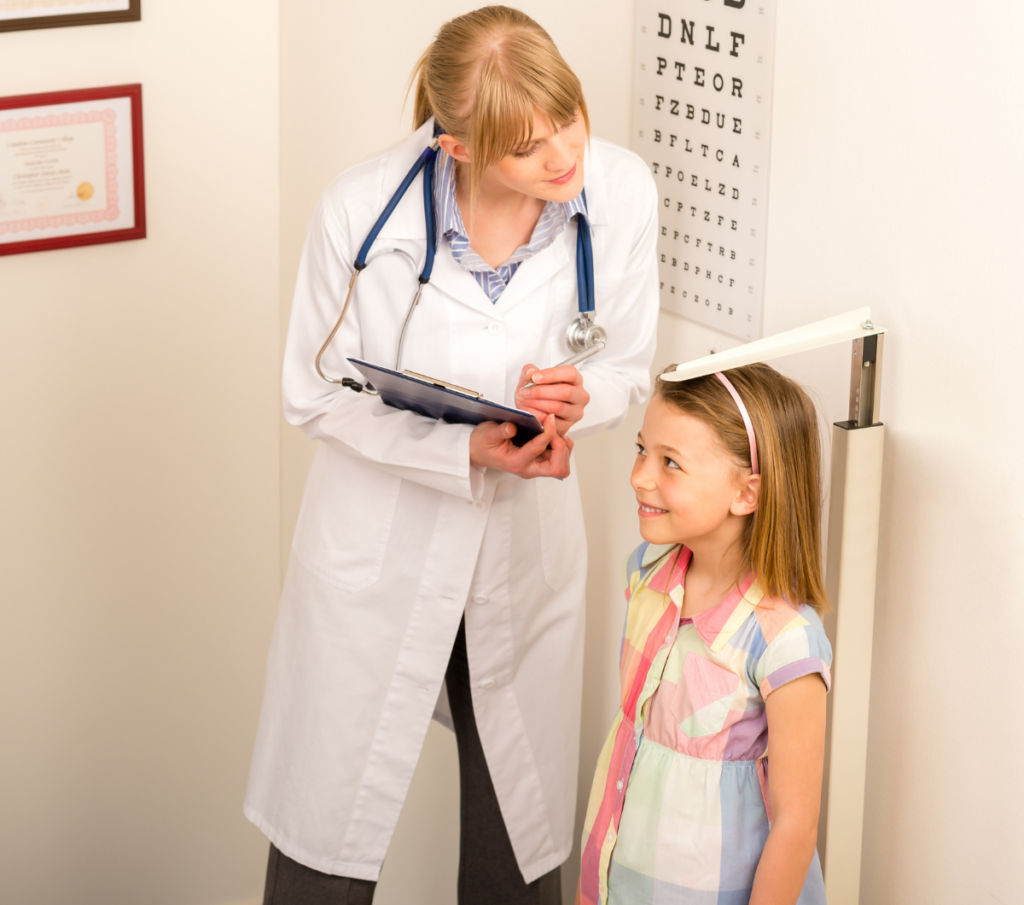
CLEP: Human Growth and Development

Human Growth and Development covers material taught in an introductory developmental psychology or human development course, including the periods of infancy, childhood, adolescence, adulthood, and aging. An understanding of the major theories and research related to the broad categories of physical, cognitive, and social development is required.
Competencies
Theoretical Perspectives of Human Growth and Development
Students will demonstrate an understanding of theoretical perspectives of human growth and development by describing cognitive developmental theories, describing biological theories, and describing learning and psychodynamic theories.
Research Strategies and Methodology
Students will demonstrate an understanding of research strategies and methodology by describing descriptive strategies, explaining correlational and comparative strategies, and describing experimental strategies.
Biological Development Throughout the Lifespan
Students will demonstrate an understanding of biological development throughout the lifespan by explaining genetics and heredity, describing prenatal and perinatal influences on development, and explaining physical growth and development throughout the lifespan.
Perceptual Development Throughout the Lifespan
Students will demonstrate an understanding of perceptual development throughout the lifespan by describing sensory capabilities, explaining perceptual developmental processes, and describing motor and perceptual interaction.
Cognitive Development Throughout the Lifespan
Students will demonstrate an understanding of cognitive development throughout the lifespan by describing core cognitive processes, summarizing cognitive developmental theories, and describing cognitive influences.
Language Development
Students will demonstrate an understanding of language development by explaining core language components, describing influences on language development, and explaining language acquisition.
Intelligence Throughout the Lifespan
Students will demonstrate an understanding of intelligence throughout the lifespan by explaining concepts of intelligence, describing influences on intelligence, and describing intelligence assessment.
Social Development Throughout the Lifespan
Students will demonstrate an understanding of social development throughout the lifespan by explaining factors of individual social-emotional development, describing interpersonal interactions, and describing social influences of social development.
Development of Family Influences
Students will demonstrate an understanding of the development of family influences by describing family dynamics and structures, explaining external and environmental influences on family, and describing challenges of development of family.
Development of Personality
Students will demonstrate an understanding of development of personality by summarizing theoretical perspectives of personality, describing emotional development and regulation, and explaining attribution styles.
Developmental Support Mechanisms
Students will demonstrate an understanding of developmental support mechanisms by describing supportive programs and services, describing developmental applications and transitions, and explaining theoretical approaches to support mechanisms.
Developmental Psychopathology
Students will demonstrate an understanding of developmental psychopathology by describing behavioral and emotional disorders, describing neurodevelopmental and cognitive disorders, and describing physical conditions.

